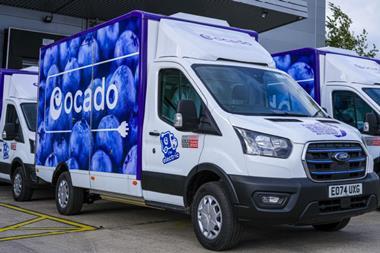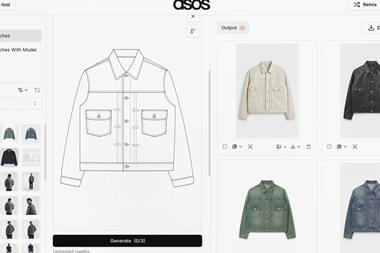Transparent communications, rapid transformation and supply chain business practices are essential for businesses to thrive in retail’s new environment, a panel of leading retailers have revealed.
Last week, IBM participated in three round table sessions hosted by Retail Week, with attendees including retailers from grocery, fashion and FMCG industries. While each sector faces its own challenges, it became clear there were shared themes they were all experiencing.
Let’s take a look at what those are.
Transparency in communication
While this may seem like an easy one, it really has quite a few meanings.
This year has generated the need for open communication and trust both in a retailer-to-consumer context, but also for retailers and their suppliers. The pandemic created a heightened sense of the unknown and fear for safety, as well as disruptions to the supply chain.
All of this cements the fact that transparency and open dialogue can help ensure all parties involved are informed and aligned on how best to move forward towards success.
The sooner you communicate potential disruptions, there is more time for others to weigh in, make changes and shift processes.
Changing customer demand
Retailers of all kinds are seeing shifts in trends in how and what consumers are purchasing as many continue to work from home.
The challenge lies in trying to adapt and solve what is happening now, while also anticipating how that could potentially evolve as new buying behaviours are formed.
For example, grocers saw a decline in ready-to-eat foods as shoppers shifted to making one big household trip to the supermarket a week to avoid leaving their homes.
This means that store associates have to constantly ensure the shelves are stocked throughout the day and not just during traditional peak shopping hours.
The retailers that are hyper-focused on meeting customers where and how they prefer will come out ahead
Covid-19 has caused a global reset and there is no script to follow.
Retailers that wish to remain relevant and serve their consumers are the ones that are following patterns, innovating at a rapid pace and then taking a step back to evaluate how things can be optimised and maintained long-term.
The shift seen towards online ordering is not going away as more shoppers are now comfortable with this channel of purchasing. In fact, 80% of consumers want same-day shipping, while 61% of shoppers want a faster delivery option (one to three hours).
The retailers that are hyper-focused on meeting customers where and how they prefer will come out ahead.
To do this, having a real-time view into your inventory across your entire network will help reduce safety stock and carrying costs, and increase inventory turns.
Sustainable business practices
The ethics and sustainable business practices retailers adopt have been accelerated by Covid-19. Research shows 70% of consumer purchasing decisions are influenced by ethical behaviour.
The way in which retailers control and guard suppliers they work with starts with a strategic network of partners with practices that are aligned to theirs. As consumers, we are prepared to tolerate less coming out of the lockdown. This starts with the suppliers they purchase from, as well as the ways in which they select their in-store store associates.
The decisions a retailer makes behind the scenes ultimately impact the consumers who choose to shop with their brand.
Going forward, retailers will see consumers engage in thoughtful consideration in regard to what and who they buy from
Retailers are already acknowledging that consumers are making more conscious decisions about the products they purchase.
While the lockdown caused an increase in buying for necessities and essential items, going forward, retailers will see consumers engage in thoughtful consideration in regard to what and who they buy from. A new study reports the UK is home to more eco-friendly consumers, but both US and UK consumers are willing to pay higher prices for sustainable options.
The retail trends set out as we started 2020 have been erased.
Covid-19 caused major disruption across all industries. What happens one week is completely different the next. That, coupled with the uncertainty of a second wave or lockdown, makes demand forecasting a struggle. Successful retailers are making small moves as they move week to week through this unpredictable year.




























